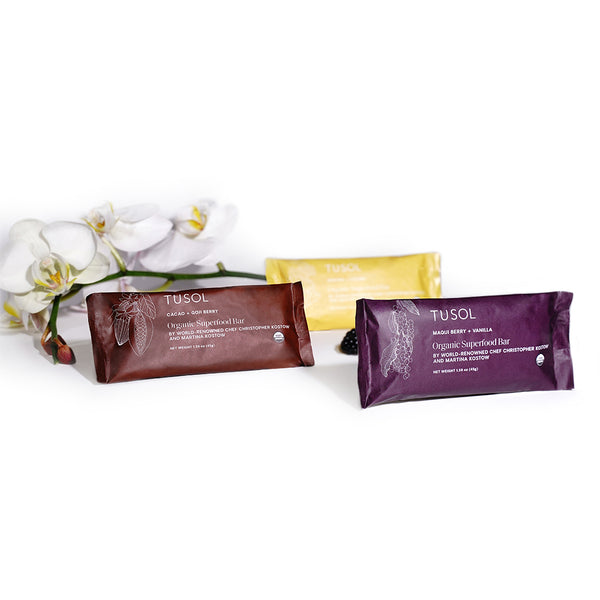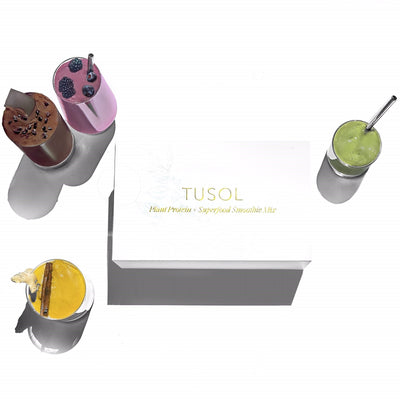Managing blood sugar levels effectively can have significant anti-aging effects on the body. Let's explore the science behind this connection and discuss practical ways to optimize blood glucose for healthier aging.
As we age, our bodies naturally become less efficient at regulating blood glucose levels. This decline in glucose control is closely tied to many hallmarks of aging:
- Glycation and AGE formation: When blood sugar levels spike, excess glucose can bind to proteins and fats in a process called glycation. This creates harmful compounds known as advanced glycation end-products (AGEs). AGEs damage collagen and elastin, leading to skin aging, wrinkles, and loss of elasticity. They also contribute to stiffening of blood vessels and tendons.
- Cellular damage: Chronically elevated blood sugar causes oxidative stress and inflammation at the cellular level. This accelerates aging processes throughout the body.
- Insulin resistance: As cells become less responsive to insulin over time, it becomes harder to maintain stable blood glucose. This creates a vicious cycle of worsening glucose control.
- Impaired nutrient delivery: AGEs reduce the flexibility of collagen, hampering the flow of nutrients to cells. This can accelerate aging across multiple organ systems.
- Neurological effects: Some researchers now refer to Alzheimer's disease as "Type 3 Diabetes" due to the strong connection between poor glucose regulation and cognitive decline.
Anti-Aging Benefits of Blood Sugar Management
Maintaining stable blood glucose levels can slow down or even reverse many aspects of the aging process:
- Preserved skin elasticity and reduced wrinkles
- Improved cardiovascular health
- Enhanced cognitive function and reduced dementia risk
- Better joint and tendon flexibility
- Increased energy and vitality
- Reduced inflammation throughout the body
- Improved insulin sensitivity
- Lower risk of age-related diseases like diabetes and heart disease
Strategies for Optimizing Blood Glucose
Here are some evidence-based approaches for managing blood sugar levels to promote healthy aging:
Regular Exercise
Physical activity is one of the most powerful tools for improving glucose regulation. Exercise increases insulin sensitivity, allowing muscles to more efficiently use blood sugar for energy. Both aerobic exercise (like brisk walking) and resistance training (weightlifting) have beneficial effects.Aim for at least 150 minutes of moderate aerobic activity or 75 minutes of vigorous activity per week. Even short bursts of activity throughout the day can help. For maximum benefit, try exercising after meals when blood sugar tends to be elevated.
Balanced Nutrition
Diet plays a crucial role in blood sugar management. Focus on:
- Limiting refined carbohydrates and added sugars
- Choosing complex carbohydrates from whole grains, vegetables, and legumes
- Including adequate protein and healthy fats with meals
- Eating plenty of fiber-rich foods to slow sugar absorption
- Practicing portion control
The Mediterranean diet and low-carb approaches have shown particular promise for improving glucose control and promoting longevity.
Stress Management
Chronic stress can elevate blood sugar levels by triggering the release of cortisol and other hormones. Incorporate stress-reduction techniques like meditation, deep breathing, yoga, or spending time in nature.
Quality Sleep
Poor sleep disrupts glucose metabolism and insulin sensitivity. Aim for 7-9 hours of quality sleep per night. Establish a consistent sleep schedule and create a relaxing bedtime routine.
Intermittent Fasting
Time-restricted eating and other forms of intermittent fasting have shown potential for improving insulin sensitivity and glucose control. Consult with a healthcare provider before starting any fasting regimen.
Supplements and Nutraceuticals
Certain supplements may help support healthy blood sugar levels:
- Berberine
- Alpha-lipoic acid
- Chromium
- Cinnamon
- Magnesium
Always consult with a healthcare provider before starting new supplements.
Continuous Glucose Monitoring
Using a continuous glucose monitor (CGM) can provide valuable real-time data on how different foods, activities, and lifestyle factors affect your blood sugar. This allows for personalized optimization of glucose control.
Medications (When Appropriate)
For those with diabetes or prediabetes, medications like metformin or acarbose may be prescribed to help manage blood sugar. Some of these drugs have shown potential anti-aging effects beyond just glucose control.
The Role of Calorie Restriction Mimetics
Calorie restriction has long been known to extend lifespan in animal models, largely through its effects on glucose metabolism. However, long-term calorie restriction is challenging for most people to maintain. This has led researchers to investigate "calorie restriction mimetics" - compounds that can produce similar metabolic effects without severe dietary restriction.One promising calorie restriction mimetic is acarbose, a medication typically used to treat type 2 diabetes. Acarbose works by inhibiting enzymes that break down complex carbohydrates, effectively slowing the absorption of glucose after meals. Studies in mice have shown that acarbose can extend both lifespan and healthspan, even in non-diabetic animals. Other compounds with similar effects are being investigated, including some naturally occurring in foods like sweet potatoes, legumes, and berries. These α-glucosidase inhibitors may offer a way to reap some of the anti-aging benefits of calorie restriction through more sustainable dietary approaches.
Conclusion
Maintaining stable blood glucose levels is a powerful strategy for promoting healthy aging. By adopting lifestyle habits that support optimal glucose control - including regular exercise, balanced nutrition, stress management, and quality sleep - we can potentially slow down many aspects of the aging process.
Emerging research on calorie restriction mimetics and glucose-regulating compounds offers exciting possibilities for further enhancing these anti-aging effects. As our understanding of the glucose-aging connection grows, we may uncover even more ways to leverage blood sugar management for increased healthspan and longevity.Remember that while these strategies can be beneficial for most people, it's always important to consult with healthcare providers, especially if you have existing health conditions or are considering significant changes to your diet or lifestyle. With the right approach, optimizing blood glucose control can be a key part of aging gracefully and maintaining vitality throughout life.














